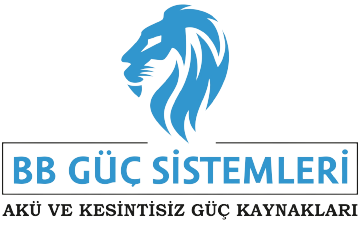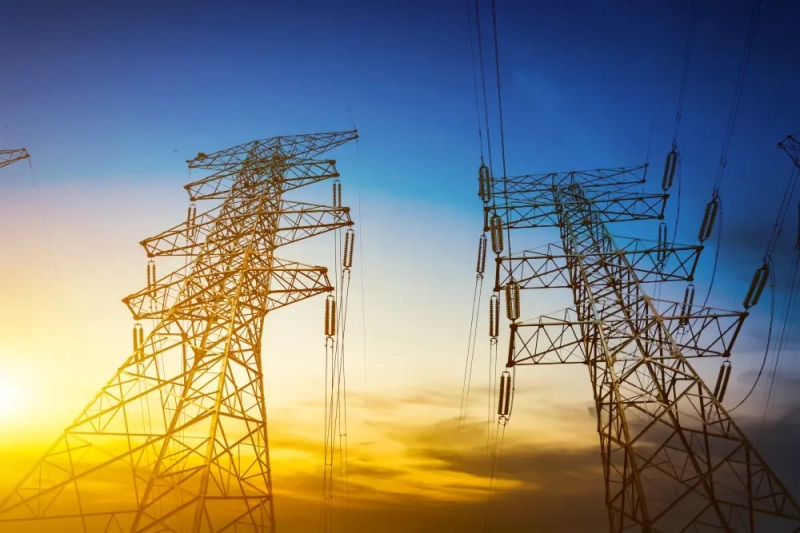
Güç Sistemleri Çeşitleri

Nowadays, as the demand for electrical energy grows rapidly, it is becoming increasingly important to make an appropriate choice among the range of power systems. Power systems consist of many different devices and systems used to deliver electrical energy to the point of consumption. In this article, we will give you information about the types of power systems and explain which system should be used in which situations.
General Information on Types of Power Systems
Power systems is a term that covers all kinds of equipment in the process from energy production to consumption points. Types of power systems are generally systems that cover the stages of
energy generation, transmission and distribution. These systems offer different options according to the need.
What are the Types of Power Systems?
Generators: Generators are devices that convert mechanical energy into electrical energy. They usually operate using different energy sources such as fossil fuels or renewable energy sources. Generators are preferred where the need for electrical energy is great.
Switchgears: Switchgears are devices used in electrical energy distribution systems. They control the distribution of electric current and protect the devices by cutting the circuit in unwanted situations.
UPS Systems: UPS (Uninterruptible Power Supplies) systems provide continuous power in case of power outages, preventing damage that may occur as a result of loss of electrical energy. They are especially preferred where electronic devices are located.
Substations: Substations are places where electrical energy is converted from high voltage to low voltage. In this way, electrical energy distribution can be done more safely and effectively.
Renewable Energy Systems: Energy obtained from renewable energy sources such as solar energy and wind energy can be delivered to consumers through power systems. These systems are environmentally friendly and economical.
Which Power System Type Should Be Preferred and When?
To make the right choice among the types of power systems, it is important to determine your intended use and needs. Below is information on which type of power system should be preferred for some situations.
Workplaces: Generators and UPS systems are preferred in workplaces. Generators can be used to maintain business operations during power outages. UPS systems prevent damage to electronic devices.
Industrial Facilities: Generators, substations and switchgears are used in industrial facilities. These systems ensure the safe and efficient distribution of energy in industrial facilities with high energy needs.
Residences: Renewable energy systems can be preferred in residential buildings. Generating electricity using solar or wind energy is an environmentally friendly and economical option.
Heavy Industry: Generators and substations are preferred in heavy industry. These systems ensure the generation and distribution of energy in accordance with the high energy demand.
Frequently Asked Questions About Types of Power Systems
What is the most important difference between types of power systems?
The most important difference between the types of power systems is their characteristics, which vary according to their intended use and needs.
Which type of power system is most commonly used?
Generators are the most widely used type of power system.
Why are the types of power systems important?
Power systems ensure that electrical energy is delivered safely and efficiently to the point of consumption.
Conclusion
The range of power systems offers many different options to meet the need for electrical energy. Making the right choice according to the need is extremely important in terms of energy efficiency and safety. In this article, we provide general information about the types of power systems and which system should be preferred in which situations.
 Türkçe
Türkçe English
English Russian
Russian
 Web Tasarım Tarafından Hazırlanmıştır.
Web Tasarım Tarafından Hazırlanmıştır.